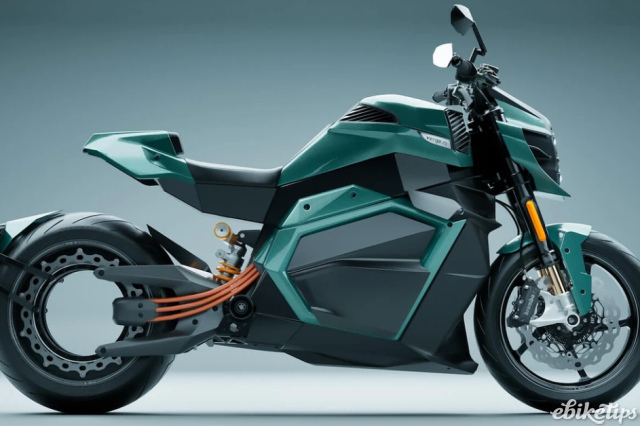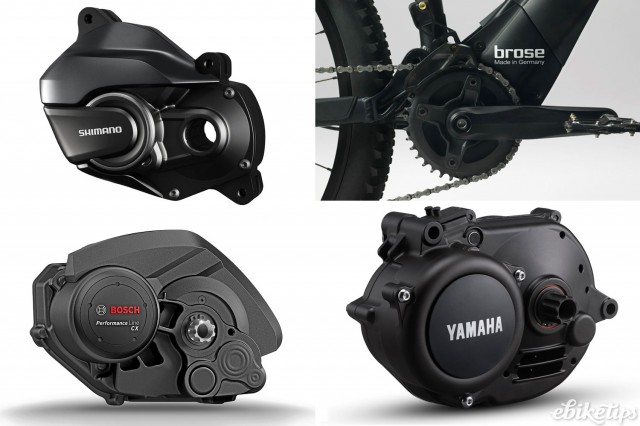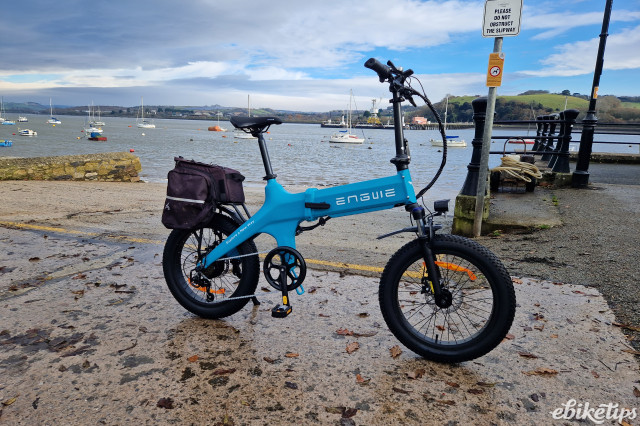A coroner has called for tighter regulations on e-bike batteries and charging devices after a father of two lost his life in a fire. Mizanur Rahman, 41, died in a flat fire on March 5, which the London Fire Brigade (LFB) said was caused by a faulty lithium e-bike battery on charge.
Adam Smith, coroner for Inner North London, said in his Prevention of Future Deaths Report on the tragic incident that, "the fire started with a faulty lithium ion battery, probably a battery and charger which did not match and carried different voltage ratings, leading to thermal runaway and catastrophic failure of the lithium ion battery."
> Video demonstrates dangers of incompatible e-bike chargers
Smith also noted, "The e-bike from which the battery came, which was owned by another occupant of the flat, had been heavily modified, notably including a retro- fitted additional battery cage and motor."
Whilst the coroner's report highlighted the need for standards to control batteries and chargers, as described below, there has also been talk in recent months of the advisability of a UK standard for e-bike conversion kits which the report also appears to endorse.
Coroner calls for urgent action to address an intensifying problem
With a large number of reports of e-bike and e-scooter fires hitting the headlines recently (including several at ebiketips), you might be forgiven for thinking that they are inherently dangerous. That's far from the truth. As we noted in our article on e-bike batteries, "... just 0.011% of bikes and scooters on the market set on fire last year."
Nevertheless, there is rightly great concern at the rate of increase of lithium battery fires linked to small personal transport machines such as e-bikes and e-scooters. As we recently reported, fire crews in London had already fought 104 e-bike fires and 19 e-scooter blazes by the end of August this year, overtaking the 116 total fires attended last year. This is also higher than in any other year in the capital.'
The level of official concern appears to be growing slowly but surely. The Office for Product Safety and Standards (OPSS) this week published consumer information on e-bike and e-scooter battery safety, backed by a social media campaign.
Whilst the OPSS campaign and advice is of course welcome, it still falls short of the coroner's recommendation in this case that the OPSS instigate, a "British or European (e.g. BSI or PAS) standard to control what lithium ion e-bike batteries and chargers can be sold in the UK..."
As the coroner's report notes, without such a standard:
- It is easy for people to buy (including online) lithium ion batteries that are not of sufficient quality or otherwise not of an appropriate standard to charge safely
- There is an increased risk of people mixing and matching lithium ion batteries with chargers that carry a different voltage rating
Coroner Smith certainly pulls no punches in putting the onus on officialdom to introduce such a standard.
He writes: "I understand that there is currently a product safety review underway, led by the Office for Product Safety and Standards (OPSS) and involving the Home Office (Fire Policy Team) (under the Minister for Crime, Policing and Fire, Chris Philps MP) and a number of other organisations. I do not know the timescale for this review, but it is clear that there is an existing, ongoing and future risk of further deaths whilst it continues to be the case that there are no controls or standards governing the sale in the UK of lithium ion batteries and chargers (and conversion kits) for electric powered personal vehicles."
Smith concludes: "In my opinion, action should be taken to prevent future deaths and I believe that you have the power to take such action."
'Need for urgent regulation'
Smith's plea echoes those being made by consumer safety charity, Electrical Safety First (ESF).
Responding to the case, chief executive Lesley Rudd said: “The Coroner’s report backs up our recent calls for urgent regulation to tackle e-bike and e-scooter fires – which are invariably explosive and have proven to be deadly in some cases.
“Lithium-ion batteries for e-bikes and e-scooters should be added to the list of high-risk products that require mandatory third-party approval to ensure they meet essential safety standards. Just like fireworks and heavy machinery are.
“So-called ‘universal chargers’ for these products should also be banned. And there is an urgent need to introduce a British Standard for conversion kits for e-bikes, which currently does not exist."
How to stay safe whilst charging e-bike and e-scooter batteries
As we have noted in previous articles, while it's widely acknowledged that well-made e-bike batteries with proprietary chargers are very safe, there does appear to be an emerging problem with the less regulated corners of the market - in particular less accountable 'bargain basement' type online sellers.
> Potentially dangerous e-bike chargers again found on sale on Amazon and eBay
The primary advice from several experts is to always use the original charger that is matched to your battery. This is why ESF is calling for a ban on 'universal chargers'.
Unsupervised charging, especially overnight, is also extremely inadvisable.
ESF's Battery Breakdown report highlights many of the safety issues connected with batteries and includes 30 recommendations for how to deal with them. It is available for free here.
As another resource, the current OPSS campaign referred to above links through to a Fire England advice page which details battery warning signs to look out for, including battery overheating, deformation, odd noises or smells (including smoke) and the battery not charging as normal.






